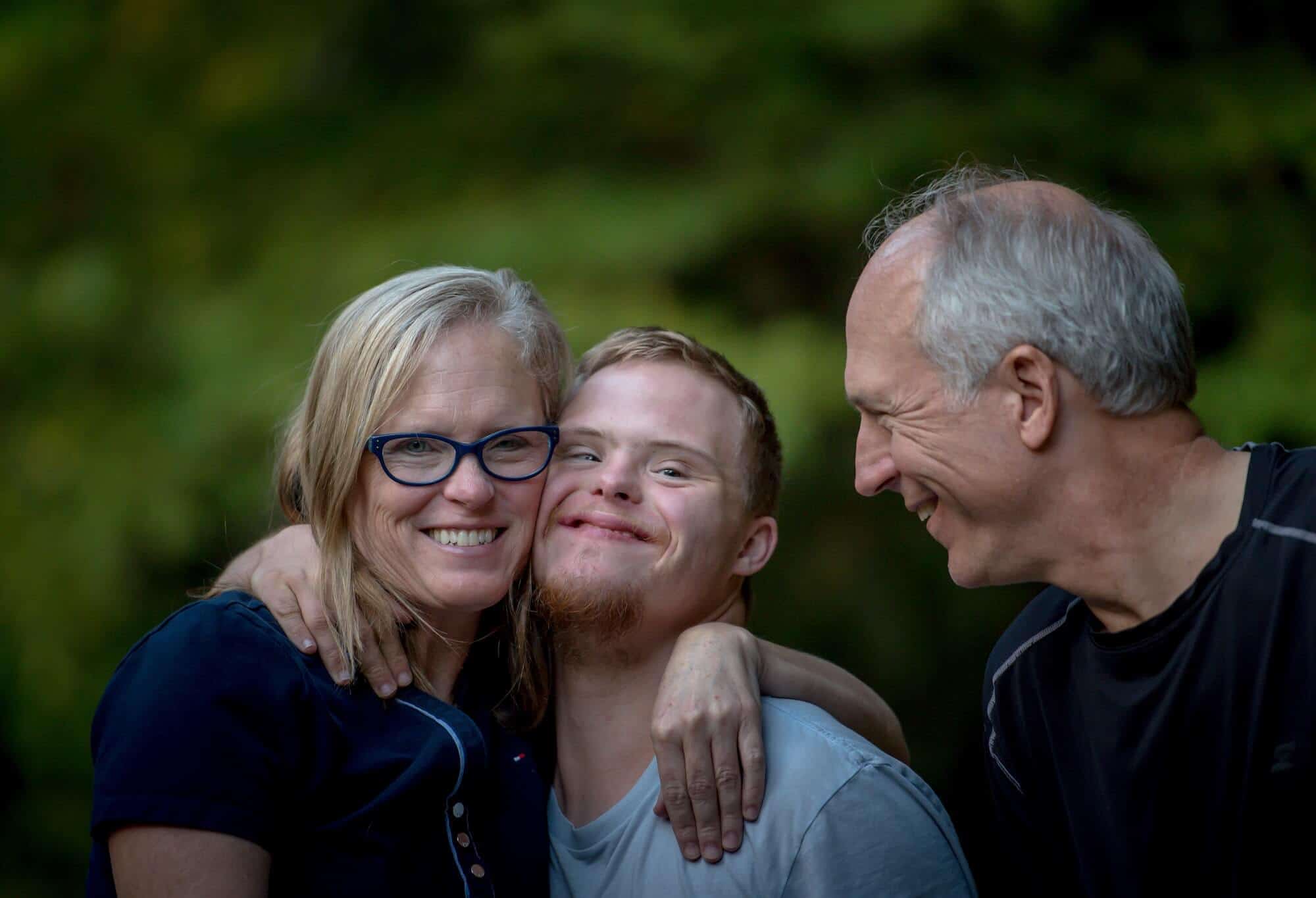Safe Ministry Legal Requirements in Australia: A Guide
Understanding Your Church's Legal Obligations for Safeguarding

In today’s world, safe ministry practices aren’t just a moral responsibility—they’re a legal requirement for churches across Australia. Whether your congregation is large or small, if you work with children or vulnerable people, you must comply with specific safeguarding standards established by law.
Many church leaders find themselves overwhelmed by the complex web of legal requirements surrounding safe ministry. This comprehensive guide breaks down exactly what your church needs to know about safe ministry legal requirements in Australia and provides practical steps to ensure compliance.
Why Safe Ministry Legal Requirements Matter
Legal compliance in safe ministry serves several critical purposes:
- Protection of vulnerable people in your care
- Fulfilment of duty of care obligations
- Maintenance of insurance coverage and legal protections
- Preservation of your church’s reputation and community trust
- Prevention of criminal liability for church leadership
When churches neglect safe ministry legal requirements, the consequences can be severe—ranging from legal penalties and insurance issues to irreparable harm to those in your care and damage to your ministry’s reputation.

Understanding the Legal Framework for Safe Ministry
Australia’s safe ministry legal requirements operate on two primary levels:
1. National Principles and Standards
The National Principles for ChildSafe Organisations provide a foundation that applies across all states and territories. Developed by the Australian Human Rights Commission, these 10 principles establish essential safeguarding elements including:
- Embedding child safety in organisational leadership and governance
- Ensuring children and young people are informed about their rights
- Implementing robust screening, supervision and training
- Creating processes for handling complaints and concerns
- Regularly reviewing and improving safeguarding systems
These principles have been adopted widely across various sectors and inform many denominational policies.
2. State-Specific Legislation
Each Australian state and territory has enacted specific child protection laws that churches must follow:
Working With Children Checks
Each jurisdiction requires screening for people working with children:
- NSW: Working With Children Check (WWCC)
- Victoria: Working With Children Check
- Queensland: Blue Card
- Western Australia: Working with Children Check
- South Australia: Working with Children Check
- Tasmania: Working with Vulnerable People Registration
- ACT: Working With Vulnerable People Check
- Northern Territory: Ochre Card
Your church must verify and document these checks before allowing anyone to work with children or young people.
Mandatory Reporting Requirements
Many church workers fall under mandatory reporting obligations, requiring them to report reasonable suspicions of child abuse or neglect to authorities. These requirements vary by state, with differences in:
- Who qualifies as a mandatory reporter
- What types of abuse must be reported
- Which authority receives reports
- Timeframes for reporting
Common Compliance Gaps in Churches
Our experience working with churches across Australia reveals several areas where ministries frequently fall short of legal requirements:
Screening and Verification Issues
- Inconsistent checking of WWCCs and other clearances
- Failure to verify credentials with issuing authorities
- Allowing workers to begin roles before checks are completed
- Missing renewal deadlines for expiring checks
Policy and Documentation Gaps
- Generic safeguarding policies that don’t reflect current legislation
- Lack of documented evidence of policy implementation
- Insufficient record-keeping of training completion
- Missing acknowledgements of code of conduct agreements
Training and Awareness Shortfalls
- Outdated or insufficient safe ministry training
- Failure to refresh training on the required schedule
- Lack of role-specific training for different ministries
- Inconsistent training across different church campuses or groups
Practical Steps to Meet Safe Ministry Legal Requirements
To ensure your church complies with all safe ministry legal requirements:
1. Understand Your Specific Legal Obligations
Research the specific requirements that apply to your church based on:
- Your state or territory
- Your denominational framework
- The types of ministries you operate (children, youth, vulnerable adults)
2. Implement Comprehensive Screening
Develop a structured approach to screening that includes:
- Working With Children Checks for all relevant roles
- Reference checks with specific safeguarding questions
- Role-specific interview processes that address child safety
- Clear documentation of all screening outcomes
3. Develop Compliant Policies and Procedures
Your church should have written policies covering:
- Code of conduct for all staff and volunteers
- Reporting procedures for concerns or disclosures
- Risk management for various ministry activities
- Privacy and information handling
4. Establish Regular Training Requirements
Implement a training programme that:
- Covers legal obligations and reporting procedures
- Addresses appropriate boundaries and behaviour
- Explains how to recognise signs of abuse
- Requires regular refreshers (typically every 1-3 years)
5. Create Robust Record-Keeping Systems
Maintain accurate records of:
- Working With Children Checks and expiry dates
- Training completion and renewal dates
- Signed acknowledgements of policies
- Incident reports and follow-up actions
Tools for Managing Safe Ministry Compliance
Managing safe ministry legal requirements can be challenging without the right systems. Consider implementing:
Digital Compliance Systems
Solutions like Safe Ministry Check help churches:
- Track all checks and clearances in one place
- Send automatic reminders for renewals
- Store training records securely
Export safeguarding data quickly Regular Compliance Reviews
Schedule annual reviews of your safe ministry framework to:
- Update policies to reflect legislative changes
- Identify gaps in your compliance processes
- Address emerging risks in your ministries
- Demonstrate ongoing commitment to improvement
Beyond Compliance: Creating a Culture of Safe Ministry

While meeting legal requirements is essential, truly effective safe ministry goes beyond compliance to create a culture where safeguarding becomes second nature:
- Leadership commitment that prioritises safeguarding at all levels
- Open communication about boundaries and appropriate behaviour
- Shared responsibility where everyone plays a role in creating safety
- Continuous improvement of systems and practices
Conclusion: Safe Ministry Legal Requirements as Kingdom Work
Complying with safe ministry legal requirements might seem burdensome, but it represents a profound opportunity to demonstrate Christ’s love through the protection of vulnerable people. By taking these obligations seriously, your church not only avoids legal risks but also creates a genuine sanctuary where people can encounter God’s love in safety.
Remember that safeguarding compliance isn’t just about ticking boxes—it’s about honouring the trust placed in your church and creating spaces where all people, especially the most vulnerable, can flourish.
Next Steps for Your Church
If you’re unsure whether your church is meeting all current legal obligations:
- Visit Safe Ministry Check to explore automated compliance tools
- Learn more about how to embed safe ministry principles in your church culture
- Review safe church policy templates best practice to help your church stay aligned with the law
